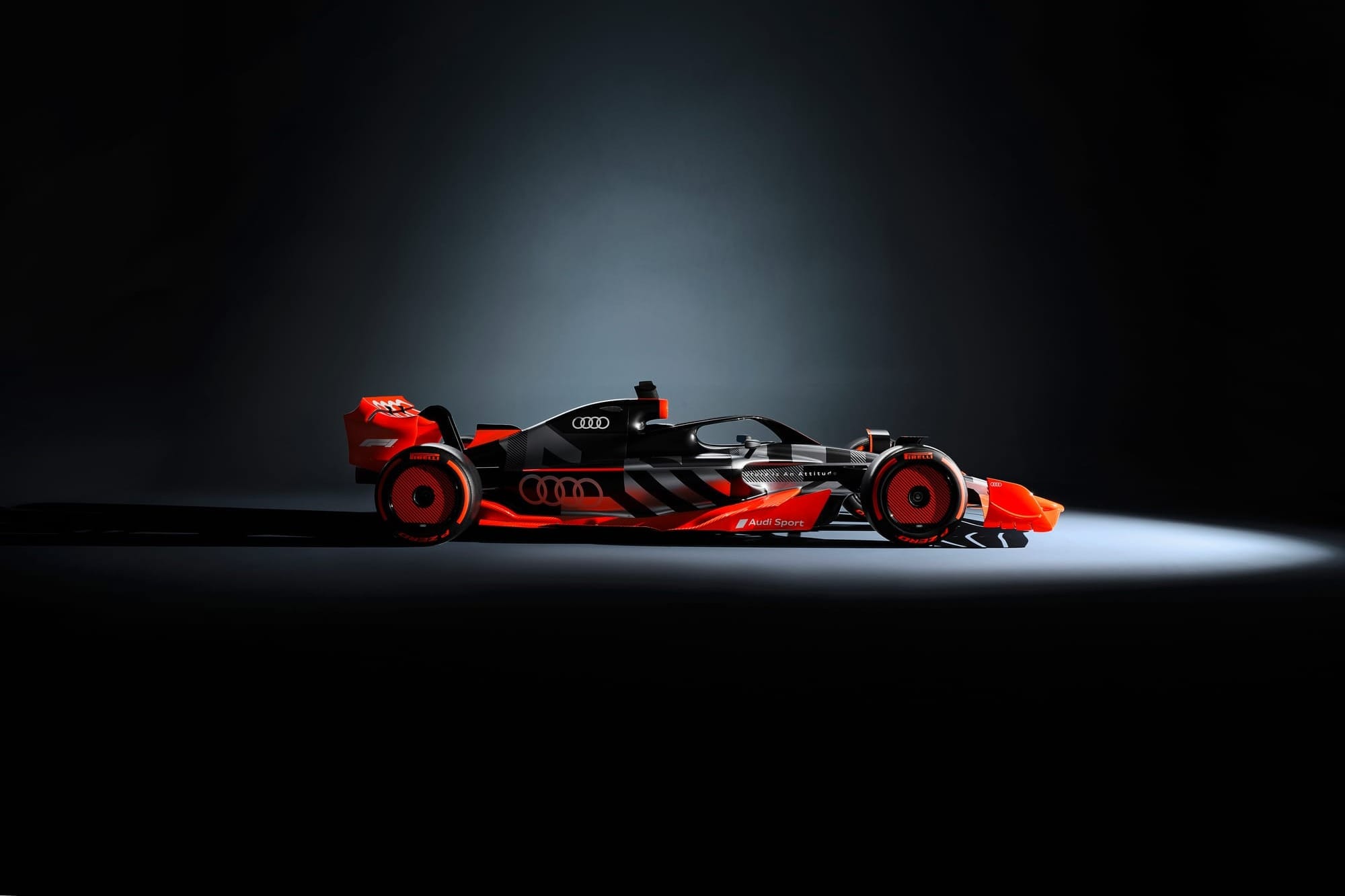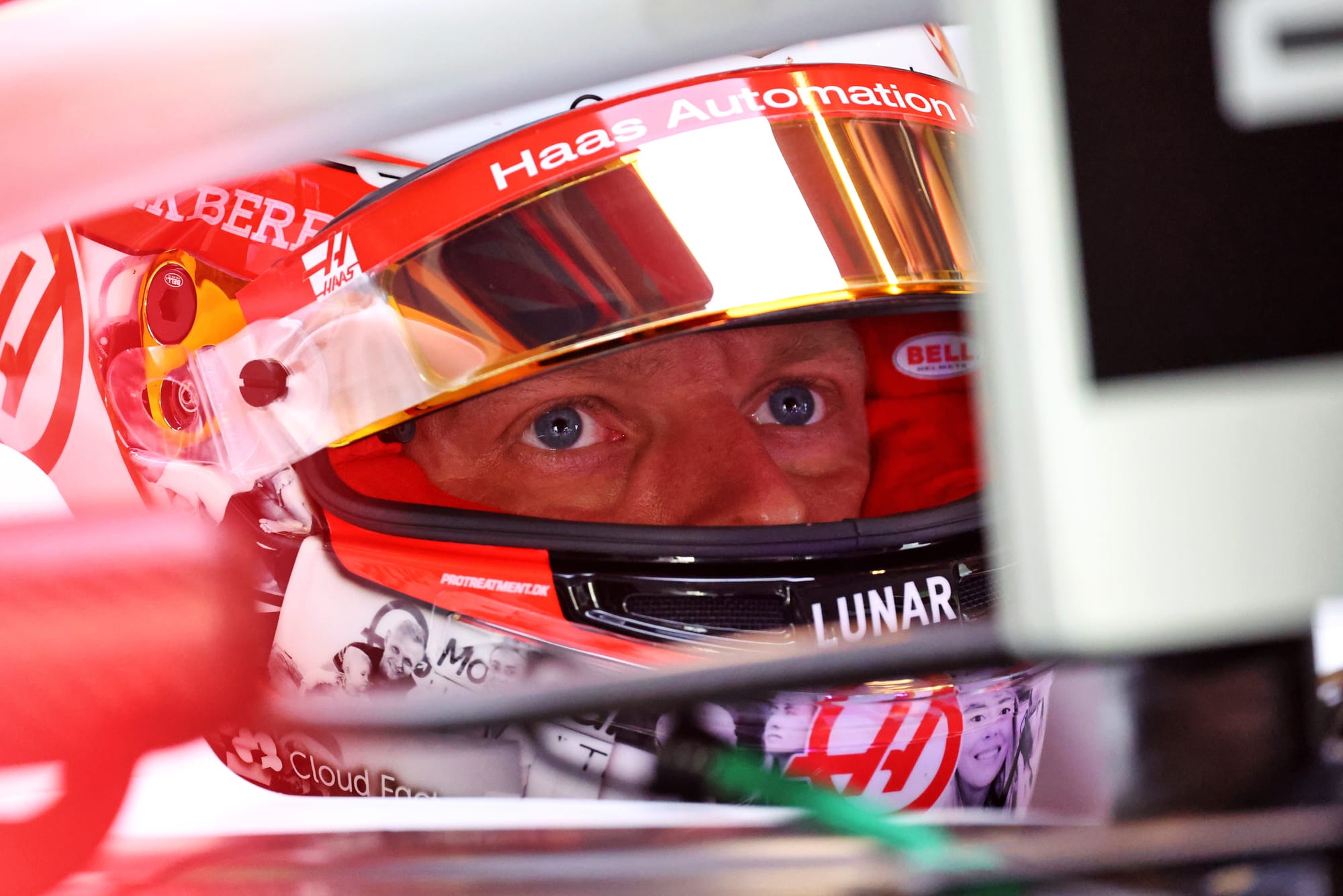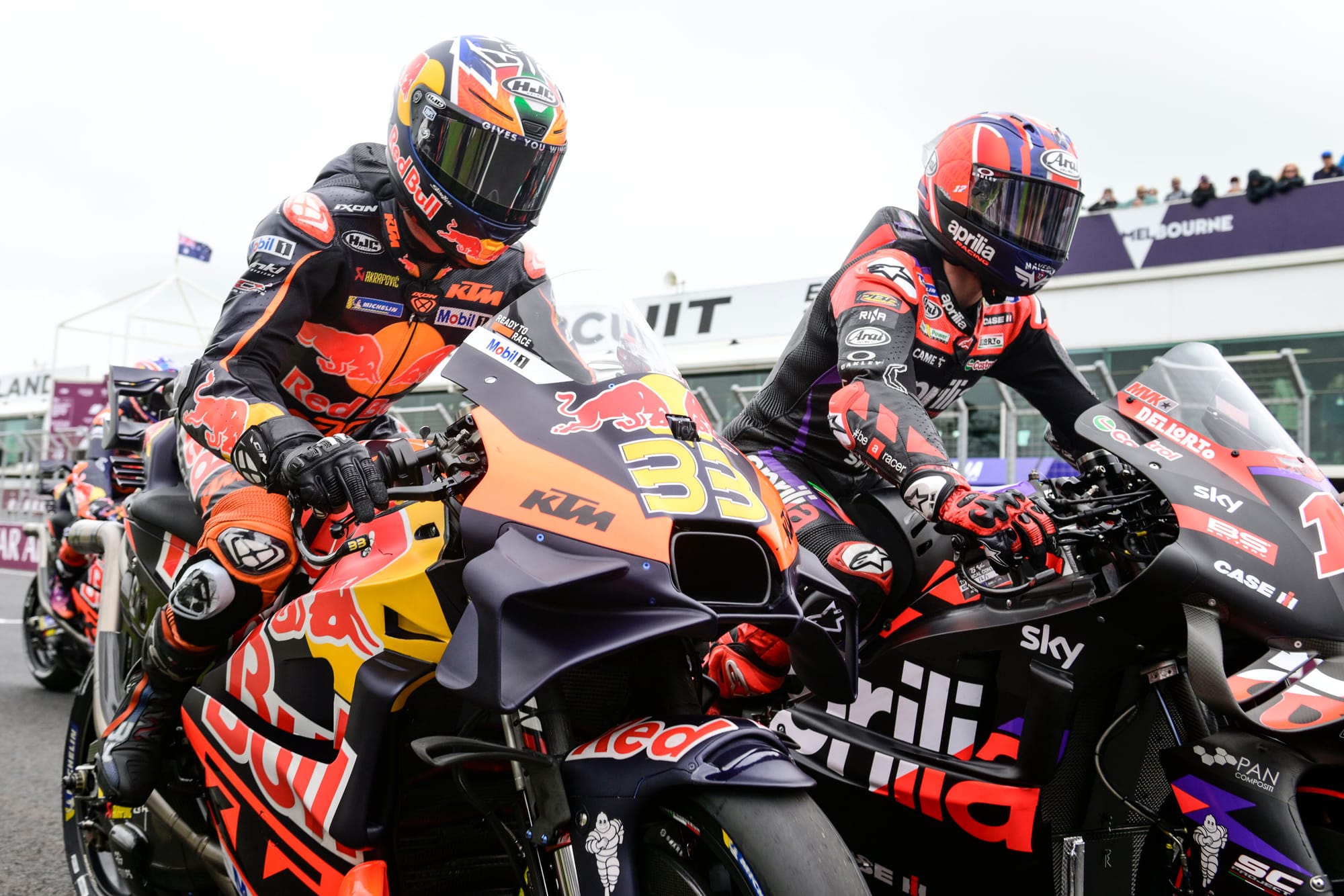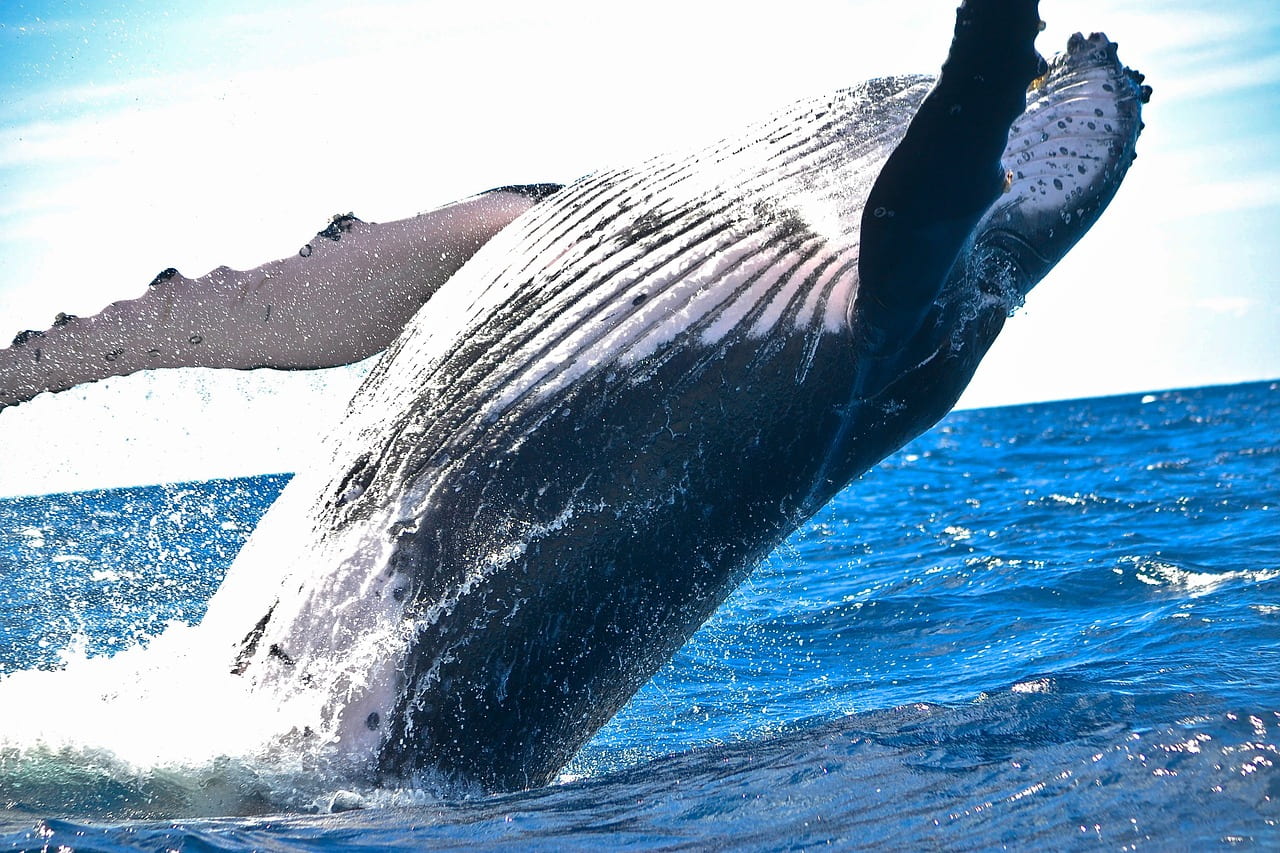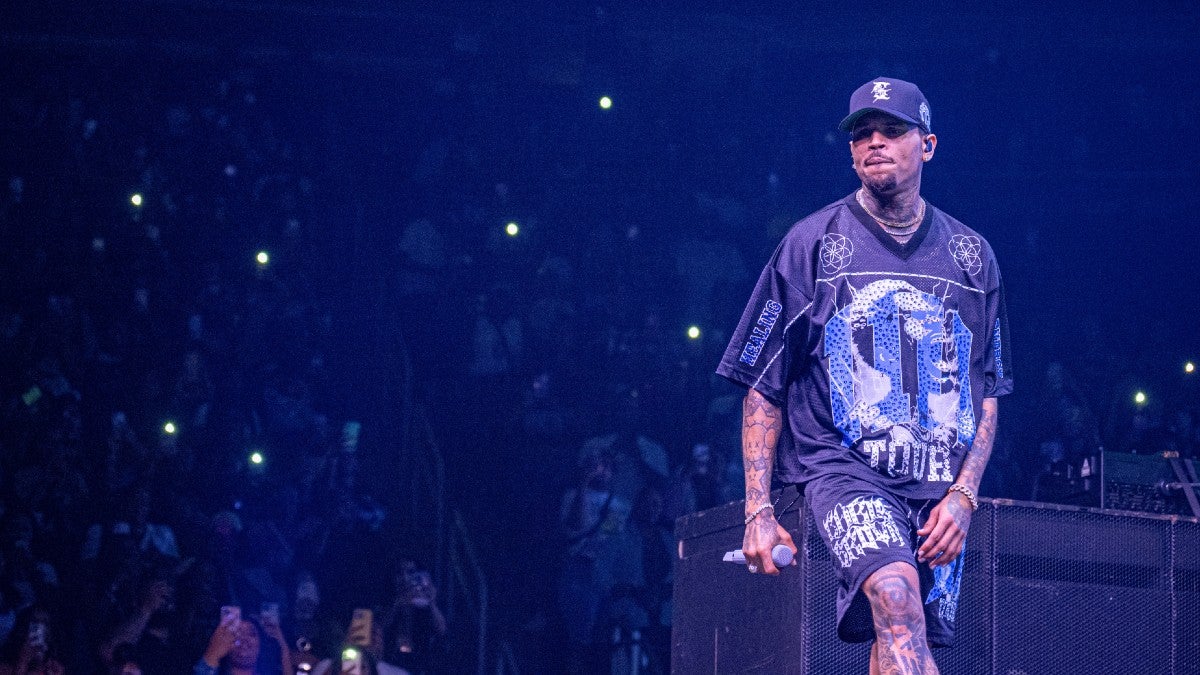Domenicali: Early disparity likely but 2026 F1 will converge
Formula 1 CEO Stefano Domenicali has acknowledged the likelihood of initial performance disparities between teams under the 2026... The post Domenicali: Early disparity likely but 2026 F1 will converge appeared first on F1i.com.
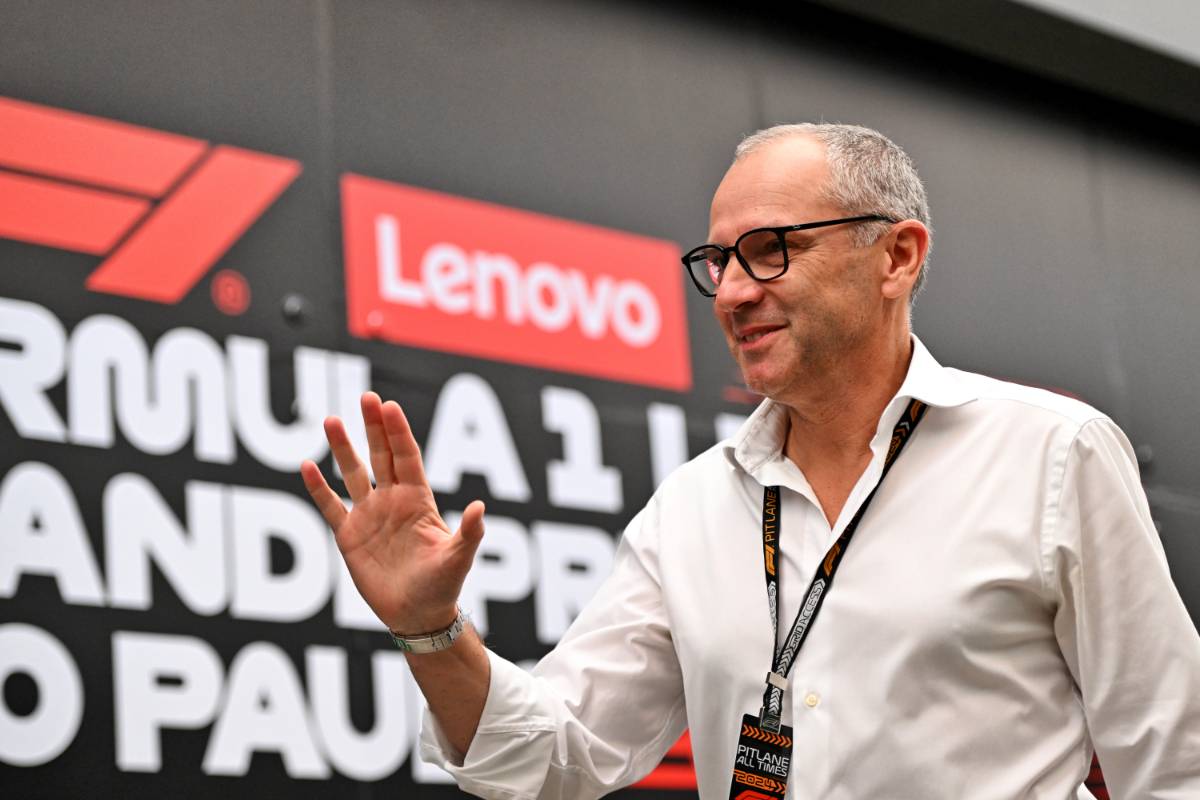
Formula 1 CEO Stefano Domenicali has acknowledged the likelihood of initial performance disparities between teams under the 2026 regulations but expressed confidence in eventual convergence.
F1 stands on the precipice of a new era, with the 2026 regulations promising to redefine the sport both technically and competitively.
This significant overhaul comes amid heightened expectations following years of intense racing and the successful implementation of previous regulatory frameworks.
However, the ambitious reset has also sparked concerns over potential performance gaps up and down the field as teams adapt and come to grips with the new rules.
Early Disparity Likely
Acknowledging these concerns, Domenicali has sought to reassure fans and stakeholders that while initial divergences may emerge, the sport’s structures and vision for innovation will ultimately lead to greater parity.
“When there is a new regulation it is always like that,” the Italian told Autosprint.
“I don’t forget that when the 2022 regulations were introduced, the teams complained that the single-seaters would be six seconds slower,” he added.
Domenicali highlighted the evolution of the sport under recent regulatory resets.
“We arrived in four years at a very strong convergence. Now we start again with a different regulation, with a lot of new challenges and different things to fine-tune.
“At the beginning we won’t have this kind of gap, it would be unrealistic to think that. But the way the F1 2026 regulation is designed, the convergence will come.”
The 2026 Regulatory Reset
The 2026 regulations will bring significant technical and sustainability changes aimed at revolutionizing the sport.
These include the introduction of active aerodynamic, or movable elements at both the front and rear of the cars, allowing real-time adjustments to enhance performance and promote closer racing.

F1’s next-generation machines will also be shorter, narrower, and lighter, improving efficiency and aligning with F1’s sustainability goals.
In terms of power units, the 1.6-liter turbocharged V6 engines will remain, but with a dramatic shift towards sustainability.
F1 will transition to 100% sustainable fuels and integrate a 50/50 power split between the internal combustion engine and electric components, significantly increasing reliance on electric power. These innovations are expected to set a new benchmark for environmentally friendly motorsport technology.
Learning From the Past
Domenicali drew comparisons to previous regulatory resets, such as the introduction of hybrid engines in 2014, which initially saw Mercedes dominate, and the ground-effect rules in 2022, which gave Red Bull an edge.
However, he noted that performance gaps historically narrow over time, thanks to the sport’s structures like budget caps and technical limits designed to level the playing field.
“There are many issues that will develop,” he acknowledged. “It is normal that, from the point of view of the teams, there is a conservative approach.”

The 2026 regulations have also attracted new manufacturers, including Audi, motivated by the technological opportunities.
Domenicali stressed the importance of viewing the changes as part of a bigger picture, rather than focusing solely on initial challenges.
“Several new constructors are coming in, favoured by these technological changes that serve to keep the evolutionary and positive tension of those who see our formula as a development platform for the future,” he added.
“We need to look at the whole picture and not the detail. We need to think big.”
In conclusion, Formula 1’s ability to evolve and innovate has always been at the core of its success.
The 2026 regulations mark another bold step forward, balancing sustainability with cutting-edge competition.
While initial challenges are expected, the long-term vision promises a future of closer racing, technological advancements, and a commitment to environmental responsibility.
With Domenicali’s confidence and the sport’s proven track record, fans can look forward to a dynamic and exciting new chapter in F1 history.
Keep up to date with all the F1 news via X and Facebook
The post Domenicali: Early disparity likely but 2026 F1 will converge appeared first on F1i.com.
What's Your Reaction?



































